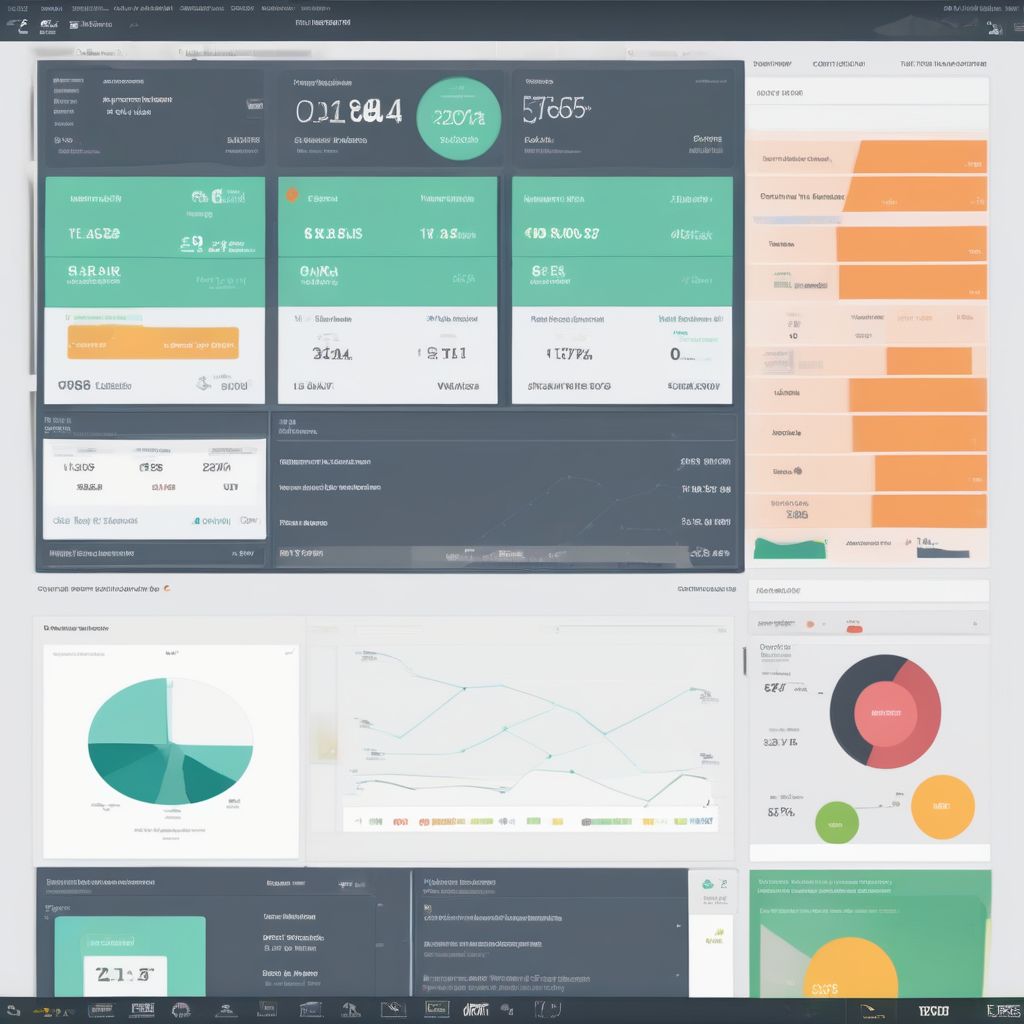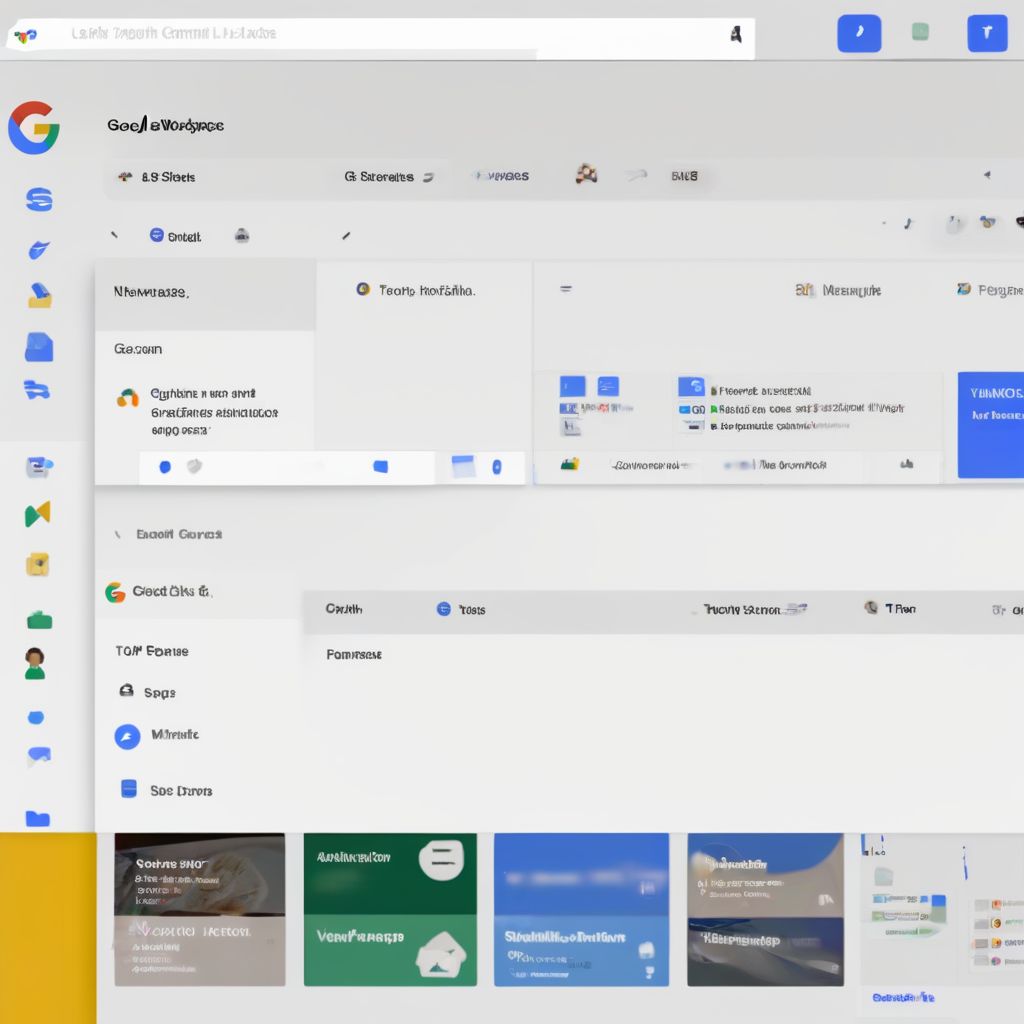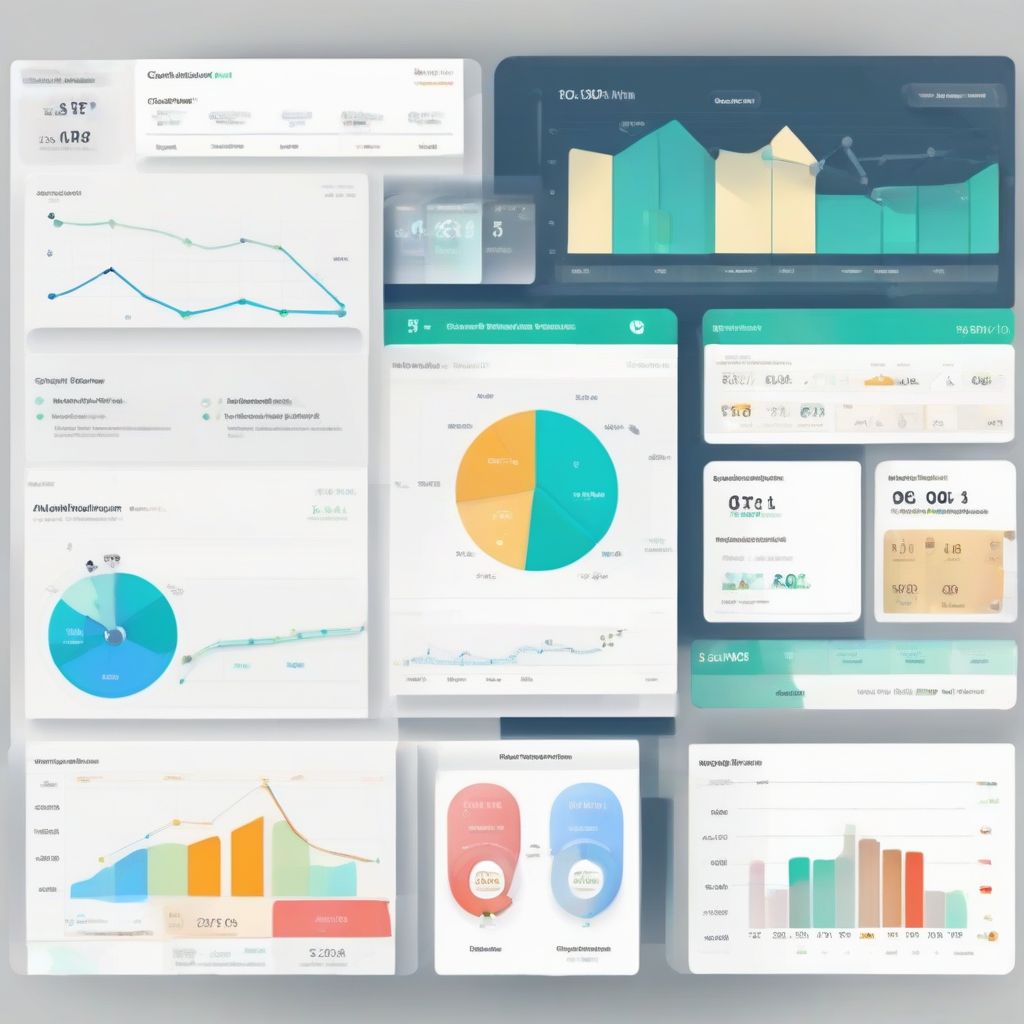Have you ever wondered how some businesses seem to know their customers so well? How they tailor their offers perfectly, anticipate your needs, and make you feel like a valued individual rather than just another sale? The answer, more often than not, lies in the power of Customer Relationship Management or CRM.
Understanding the Core of CRM
At its heart, CRM is much more than just software. It’s a strategic approach to managing a company’s interactions with current and potential customers. Think of it as a way to centralize, analyze, and leverage all your customer data to build stronger, more profitable relationships.
Why is CRM so Important?
In today’s competitive landscape, businesses can’t afford to treat customers as an afterthought. Here’s why CRM is no longer optional, but essential:
- Enhanced Customer Retention: By understanding customer behavior and preferences, you can proactively address their needs, leading to higher satisfaction and loyalty.
- Increased Sales & Revenue: CRM helps identify opportunities for upselling and cross-selling, allowing you to maximize the value of each customer relationship.
- Data-Driven Decision Making: With a 360-degree view of your customers, you can personalize marketing campaigns, optimize your sales strategies, and make informed business decisions.
- Improved Efficiency and Productivity: CRM automates routine tasks, streamlines workflows, and empowers your teams to focus on what matters most – building relationships.
Common Questions About CRM
As you delve deeper into the world of CRM, you’ll likely encounter these common questions:
- What are the different types of CRM systems? There are three primary types: operational, analytical, and collaborative CRM, each serving different organizational needs.
- How do I choose the right CRM for my business? Factors like your business size, industry, budget, and specific requirements will guide your CRM selection process.
- What are the key features to look for in a CRM? Essential features include contact management, sales pipeline tracking, marketing automation, customer support integration, and reporting & analytics.
The Power of CRM: Beyond the Basics
While the core functionalities are powerful, the world of CRM extends far beyond. Here’s a glimpse into its broader impact:
- Customer Segmentation: CRM enables you to group customers based on shared characteristics, allowing for targeted messaging and personalized experiences.
- Social Media Integration: Connect with your customers on their preferred channels, track social conversations, and manage your brand reputation effectively.
- Improved Customer Service: CRM provides a centralized platform for tracking customer issues, managing support tickets, and providing efficient resolutions.
Conclusion
In the age of the customer, adopting a robust CRM strategy is no longer a luxury, but a necessity for sustainable growth. By understanding its core principles, exploring its diverse applications, and addressing common concerns, you can leverage the transformative power of CRM to cultivate lasting customer relationships and propel your business forward.
We encourage you to share your thoughts, experiences, and questions about CRM in the comments section below. Let’s continue the conversation and explore how this invaluable tool can shape the future of your business!




